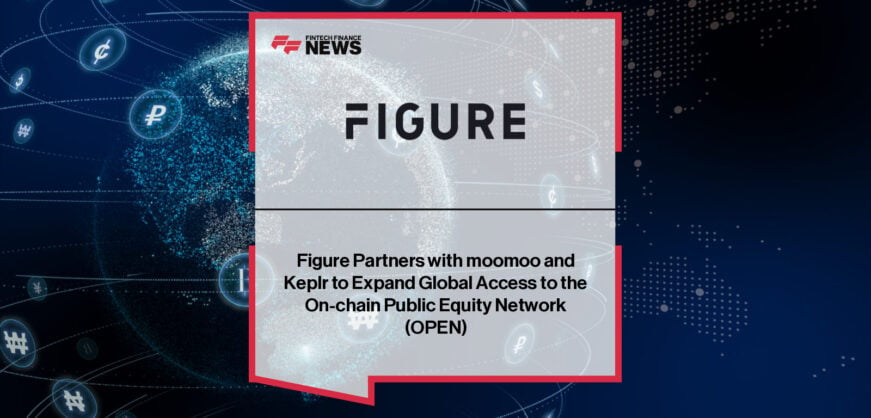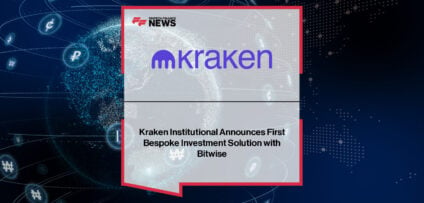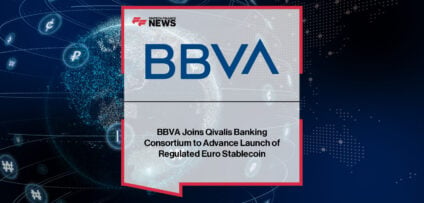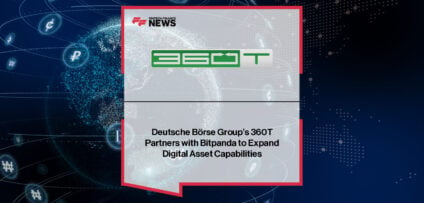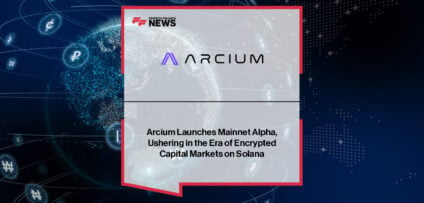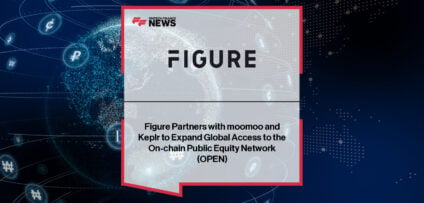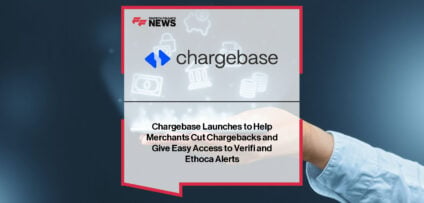Breaking News
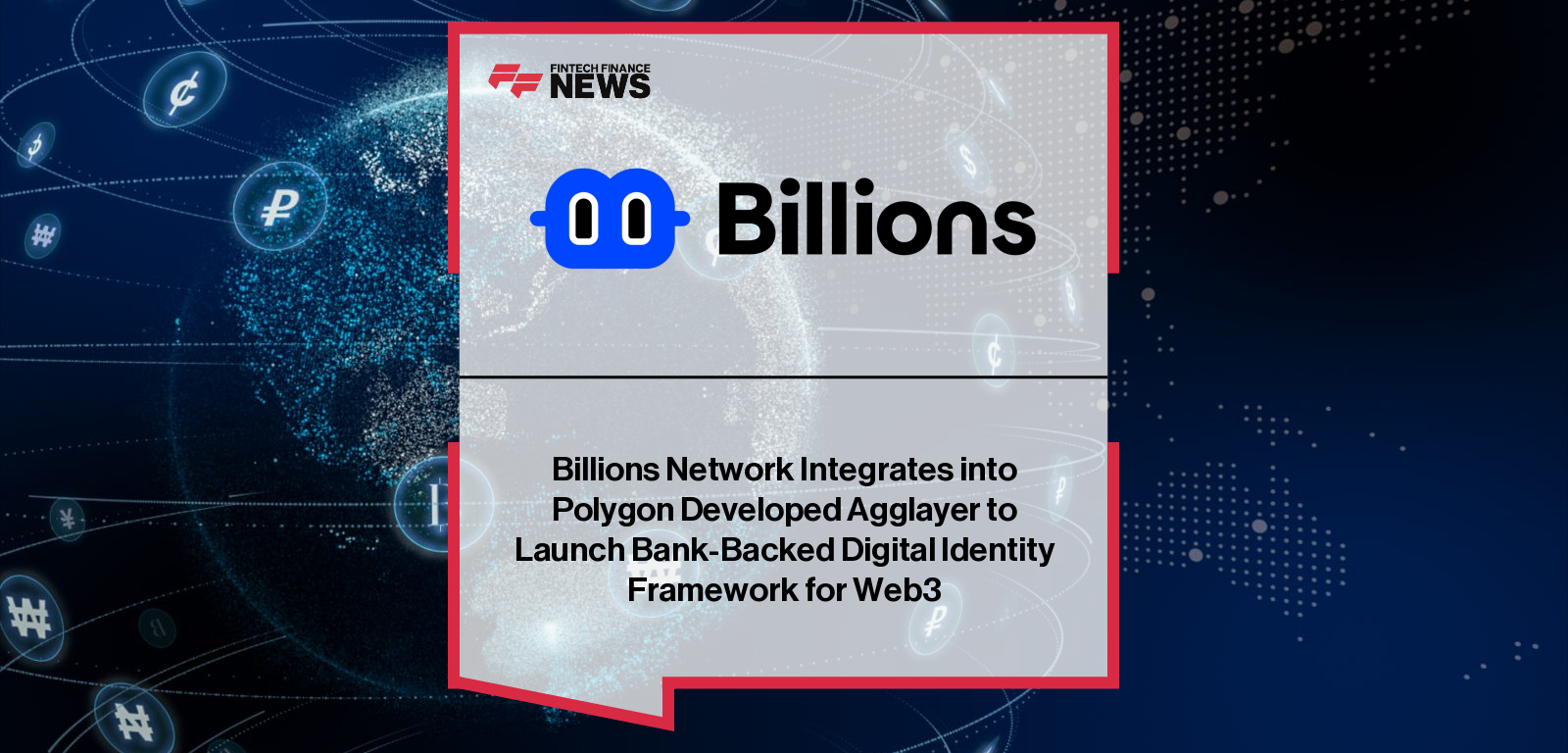
Billions Network Integrates into Polygon Developed Agglayer to Launch Bank-Backed Digital Identity Framework for Web3
Billions Network, the first universal human and AI verification platform, today announces its integration as the official identity layer for Agglayer, the cross-chain interoperability framework co-developed by Polygon Labs to connect leading blockchain ecosystems.
This integration enables reusable, privacy-preserving identity verification across all Agglayer-connected chains, with its 8 million monthly active addresses. The system allows both human users and autonomous agents to verify once and access any application – whether in DeFi, gaming, or tokenized real-world assets – without re-authentication.
Verified credentials can now live on one chain and be cryptographically proven across others, enabling cross-chain KYC for DeFi, multi-rollup collateral aggregation with ZK proof of ownership, fair reward distribution via proof of uniqueness, and AI agent accountability through verifiable operational parameters.
Built on Billions’ verification technology, known as Circom – a zero-knowledge framework powering more than 9,000 projects, including Worldcoin and TikTok – the system has verified more than 2.2M users and already been validated by Deutsche Bank, HSBC, and Sony Bank, marking a major step toward institutional-grade compliance in Web3.
“Agglayer is now home to a reusable identity framework trusted by global banks,” said Evin McMullen, co-founder and CEO of Billions Network. “This unlocks compliant access to financial services for millions of users, without compromising privacy. It also marks a major step forward in Billions’ thesis of unified financial and data liquidity – that interoperable capital can only truly scale when verifiable identity is as portable and composable as tokens themselves.”
This launch comes amid a significant uptick in the adoption of agent-based financial protocols. Coinbase’s x402, a new AI-native payments stack, has seen usage spike by more than 10,000% in the last month, underscoring demand for agent-to-agent infrastructure where identity is a prerequisite for automation.
“Identity can’t just live at the user level anymore; it has to extend to agents and the humans or institutions behind them,” McMullen added. “That’s what Billions enables – a verifiable link between agent and authorizer, turning trust into a programmable primitive.”
Beyond agentic finance, the risks of centralized “KYC honeypots” are becoming impossible to ignore. Leaked KYC data from major exchanges is being bought and sold on the darknet, fueling extortion and kidnappings of crypto holders. And not even the major exchanges are exempt. A recent Coinbase KYC exploit leaked the personal data of over 70k users.
As institutional capital enters the space, privacy-first identity becomes essential. Billions’ framework ensures that attributes like age, jurisdiction, or source of funds can be verified without exposing personal data, thereby turning compliance into proof rather than a liability.
“Digital identity has always been the missing link for interoperability,” said Marc Boiron, CEO of Polygon Labs. “By bringing Billions into Agglayer, we’re building a unified identity system that works across chains and ecosystems. It’s a major step toward a world where people and applications can move and transact seamlessly, with trust and compliance built in from the start.”
A report from Andreessen Horowitz (a16z), one of the largest venture firms in crypto and tech, forecasted that identity, provenance, and trust are the next major wave of foundational infrastructure. By embedding Billions into Agglayer, the pair is laying the groundwork for that future – enabling regulated DeFi, tokenized assets, and agent-driven economies to operate with the trust and compliance needed to scale.
Billions is built on Privado ID, which originated from the ZK research team at Polygon Labs. As a result of this incubation, Billions joins Katana and Miden as part of the Agglayer Breakout Program. Each breakout project has committed to airdrop portions of their native token supply to POL stakers—Billions may airdrop around 5% of its token supply—directly aligning ecosystem growth with community participation. Every new project launched through the program strengthens Agglayer’s network effects and expands the real-world utility of POL across the broader Polygon ecosystem.
People In This Post
Companies In This Post
- Lüt Announces Strategic Partnership with Safe Harbor to Expand Access to Compliant Closed-Loop Payments for Cannabis and Specialty Merchants Read more
- Figure Partners with moomoo and Keplr to Expand Global Access to the On-chain Public Equity Network (OPEN) Read more
- OneDome Raises $25M Pre-Series C, Bringing Total Funding to $40M Read more
- intelliflo and Söderberg & Partners Form Strategic Partnership to Drive Adviser Efficiency Read more
- Axiology Secures €5 Million Seed Funding to Accelerate the Modernisation of Europe’s Capital Markets Read more





